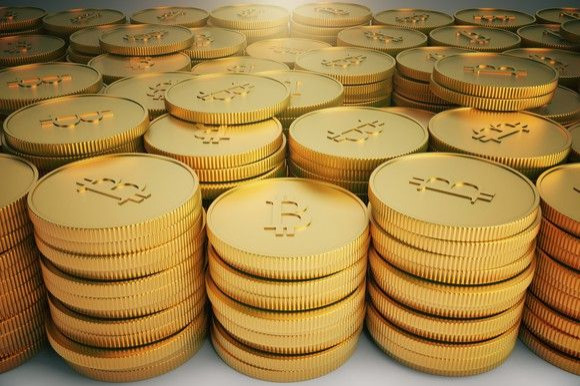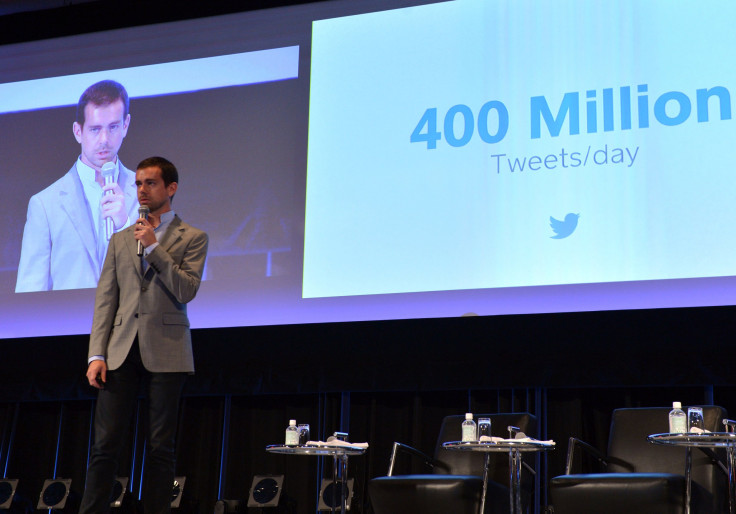Square's Customers Can Now Buy And Sell Bitcoin

This article originally appeared in the Motley Fool.
Square (NYSE:SQ) just announced that bitcoin (BTC-USD) functionality is now available to most users of its Square Cash app, after a presumably successful smaller-scale test over the past few months. Here's how it works, why Square is getting into the bitcoin business, and what it could mean for the company.
Square's Bitcoin Integration
In mid-November, Square announced that it was testing bitcoin buying and selling on its Cash app. Now, the vast majority of Square Cash users have the ability to buy and sell bitcoins through the app. Customers in New York, Georgia, Wyoming, and Hawaii are excluded, mainly for regulatory reasons, but everyone else now has the ability to conduct bitcoin purchases and sales.
The company allows customers to buy up to $10,000 worth of bitcoin (BTC-USD) per week, and there is no limit to the amount that can be sold. And while Square Cash users can't send bitcoin directly to other users yet, they can withdraw their bitcoin to an external digital wallet and then do with it as they want.
This Could Solve Some Major Bitcoin Problems
In CEO Jack Dorsey's tweet announcing the full rollout, he said, "We support bitcoin because we see it as a long-term path toward greater financial access for all. This is a small step."
Here's what he means. I've written before that there are several major hurdles that would need to be overcome before bitcoin (BTC-USD) could become a mainstream currency. Square's bitcoin integration aims to deal with some of them.
Specifically, ever since interest in bitcoin spiked, bitcoin transaction times have gotten longer and longer. Transaction times measured in hours or even days have become common. Because Square is holding the bitcoin on customers' behalf, and they aren't buying it through a bitcoin exchange, Square Cash users can instantly buy or sell the digital currency. Sending it to an external wallet, however, is subject to network delays.
High transaction fees have also become commonplace. Square is not adding any fees to bitcoin transactions.
To be clear, there are still several problems with bitcoin as a currency. Widespread acceptance is one, although a major payment platform like Square allowing merchants to accept bitcoin would go a long way toward solving this. Volatility is another -- nobody wants a currency that can realistically rise or drop by 10% or more overnight.
How Does Square Make Money From This?
Since Square isn't adding fees to bitcoin transactions, the natural question on many investors' minds is likely to be, "Well, how do they make money?"
Square isn't doing this completely for free. The price Square charges customers for bitcoin is based on current average prices among other major bitcoin exchanges. There is generally a spread between the price that people pay to buy bitcoin and the price exchanges are willing to pay for it. These spreads can be substantial, and are included in Square's market averages that it uses to determine prices. There are reports of spreads of 1% to 4% between buying and selling prices, but they can fluctuate substantially.
For example, if Square buys one bitcoin from a Square Cash user for $9,900 and sells it to another for $10,000, it makes a profit of $100 on the transaction. If Square does this hundreds, or even thousands, of times every day, it can really add up.
What Will It Mean For Square?
There's no way to tell how quickly Square Cash's bitcoin "market" will grow, but there seems to be tremendous investor interest in fee-free, easy bitcoin buying and selling. For example, about a week ago, commission-free stock trading app Robinhood announced plans to roll out free cryptocurrency trading, and the wait list for the service already has more than 1 million people on it.
During the 24-hour period before this was written, there was a total of more than $9.5 billion worth of bitcoin trading volume, so to say that this is a big market would be an understatement. If Square can capture even a small percentage of that, those buy/sell spreads could translate into a significant revenue stream for the company. Investors appear to agree -- Square stock is up by more than 4% after Dorsey's tweet.

Matthew Frankel owns shares of Square. The Motley Fool owns shares of Square. The Motley Fool has a disclosure policy.




















